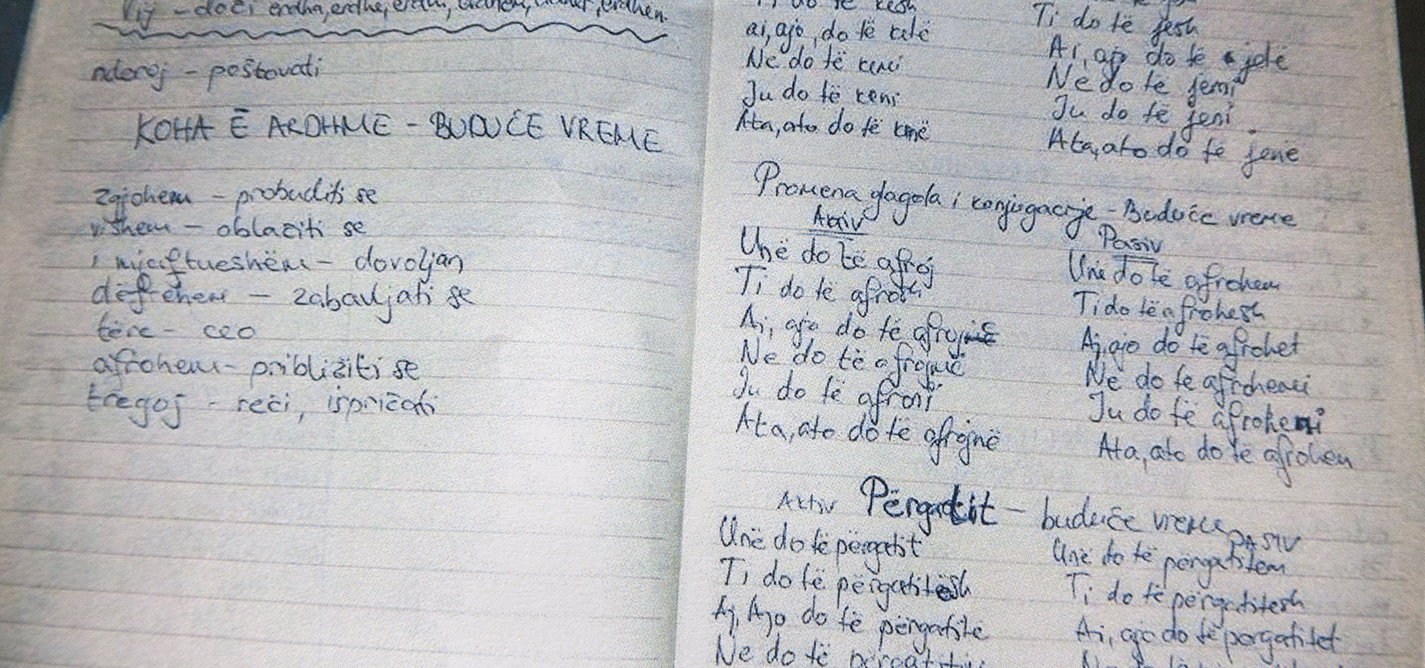
Learning each other’s language
The Albanians and Serbs taking language lessons for the future.
“I want to break the mentality that the Serbian language is a taboo among Albanians.” Aid Kelmendi
“Without communication, cooperation is not possible. We have the same issues, the same needs, we should be united and communicate them with each other.” Manuela Petrović
“Since I constantly follow Kosovo-Serbia political developments, it’s very important for me to understand the Serbian language without mediation or translation.” Gresë Sermaxhaj, journalist
“They want to learn the truth and not rely solely on what is served to them.” Naile Mala, Albanian language professor
“The Balkan Studies program has remained in a vicious cycle." Lindita Rugova, dean of the Philology Faculty at the University of Prishtina

Fitim Salihu
Fitim Salihu is a former K2.0 staff journalist, covering mainly politics and governance. Fitim has a bachelor’s degree in political science from the University of Prishtina.
This story was originally written in English.